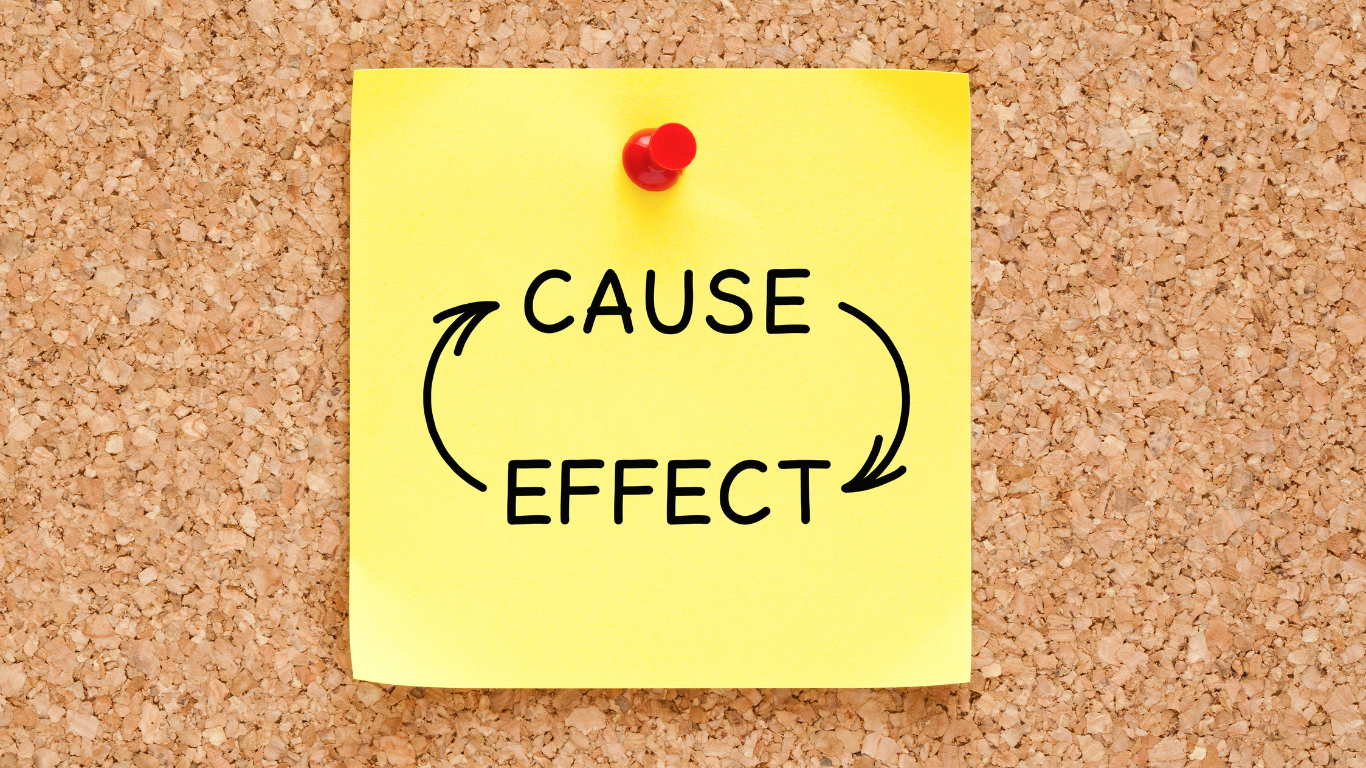Hi,
This month’s article is about something we all love to do—procrastinate! My Co-Director, John McDonald, wrote a brilliant piece for our March Lifestyle Management newsletter on this topic, and I couldn’t resist “borrowing” it, as it resonated deeply with me. Thanks, John! Your feedback is always welcome.
“We’re now three months into the year, and during this time, my team has been reaching out to people who’ve expressed interest in creating sound financial plans. It’s around this time every year that I’m asked to follow up.
Interestingly, the same names often reappear on our list of contacts, and with them, come the same excuses for not getting started. But, being optimistic, I follow up, hoping the ‘panic monster’ has chased away the ‘instant gratification monkey,’ and rational decisions and planning can finally take shape.
As lifestyle consultants, our role is not only to help our clients avoid procrastination but also to motivate them, guide wise decisions, and implement solid planning—then stick to it!
In our profession, behavioral finance is a fascinating subject. My daily work offers real-world insights into why people procrastinate, including Stanford University studies that reveal why we often neglect saving for retirement—it feels too far away. Some research even uses visual tools to show people what they might look like when they’re older to bridge this gap.
Below, I’ve included snippets from a TED talk series featuring thought leaders in behavioral finance, particularly focusing on the decisions people make about preparing for old age. These talks were delivered to a high-level audience, including representatives from Dow Jones and other media outlets.
One standout theme was how our tendency to procrastinate, coupled with our desire for immediate gratification, often leads us to delay decisions that would bring long-term benefits.
David Laibson, a Harvard University economics professor, discussed ‘The Failure of Self-Control,’ explaining how present bias—our tendency to focus more on immediate rewards and give less weight to future consequences—drives procrastination.
Daniel Goldstein from Yahoo! Research called it ‘The Battle Between Your Present and Future Self,’ pointing out that it’s difficult to imagine our future selves, which puts our present selves at an advantage in decision-making.
John Payne from Duke University explored ‘Overcoming Information Overload in Decision Making,’ noting how too many choices can lead to poor decisions—or no decision at all. He recounted a personal experience of choosing a healthcare plan from over 120 options, ultimately just sticking with what he’d done before.
Sheena Iyengar from Columbia Business School added to this with her talk, ‘Be Choosy About Choosing.’ She explained that in a study of American 401(k) retirement plan holders, the more investment options available, the lower the participation rate—a classic example of choice overload.
For more on the 'panic monster,' the 'instant gratification monkey,' and how to overcome procrastination, feel free to reach out to us.
Les Symons is one of Africa’s leading personal development coaches. Lifestyle Management currently serves clients across 30+ countries and 20+ nationalities. For more information on lifestyle planning and coaching, see the details below:
Lifestyle Management Limited
Office D6 (2nd floor), Riara Centre, Riara Road, P.O. Box 777-00606, Nairobi, Kenya.
Phone: +254 (4) 777777333











